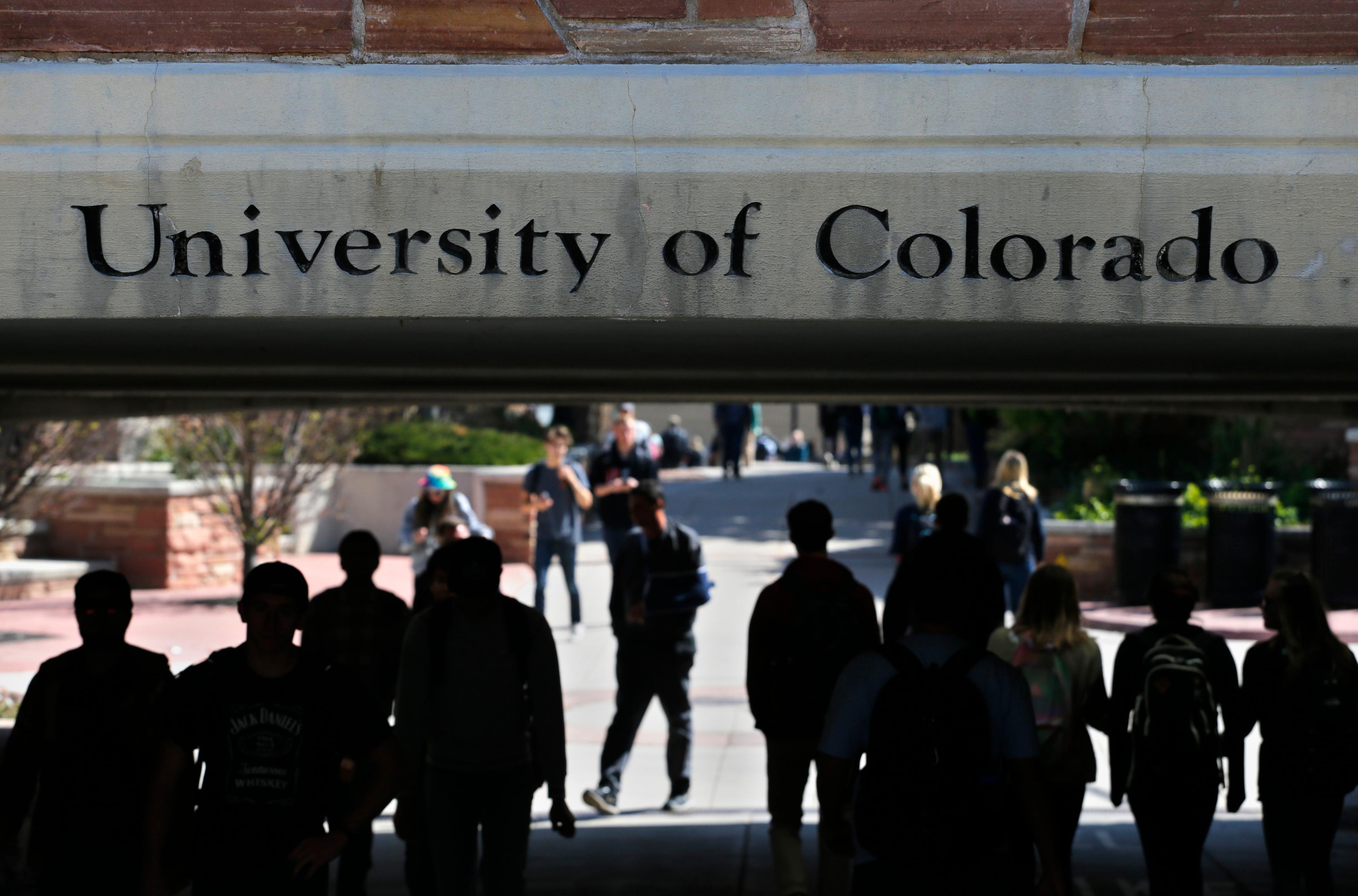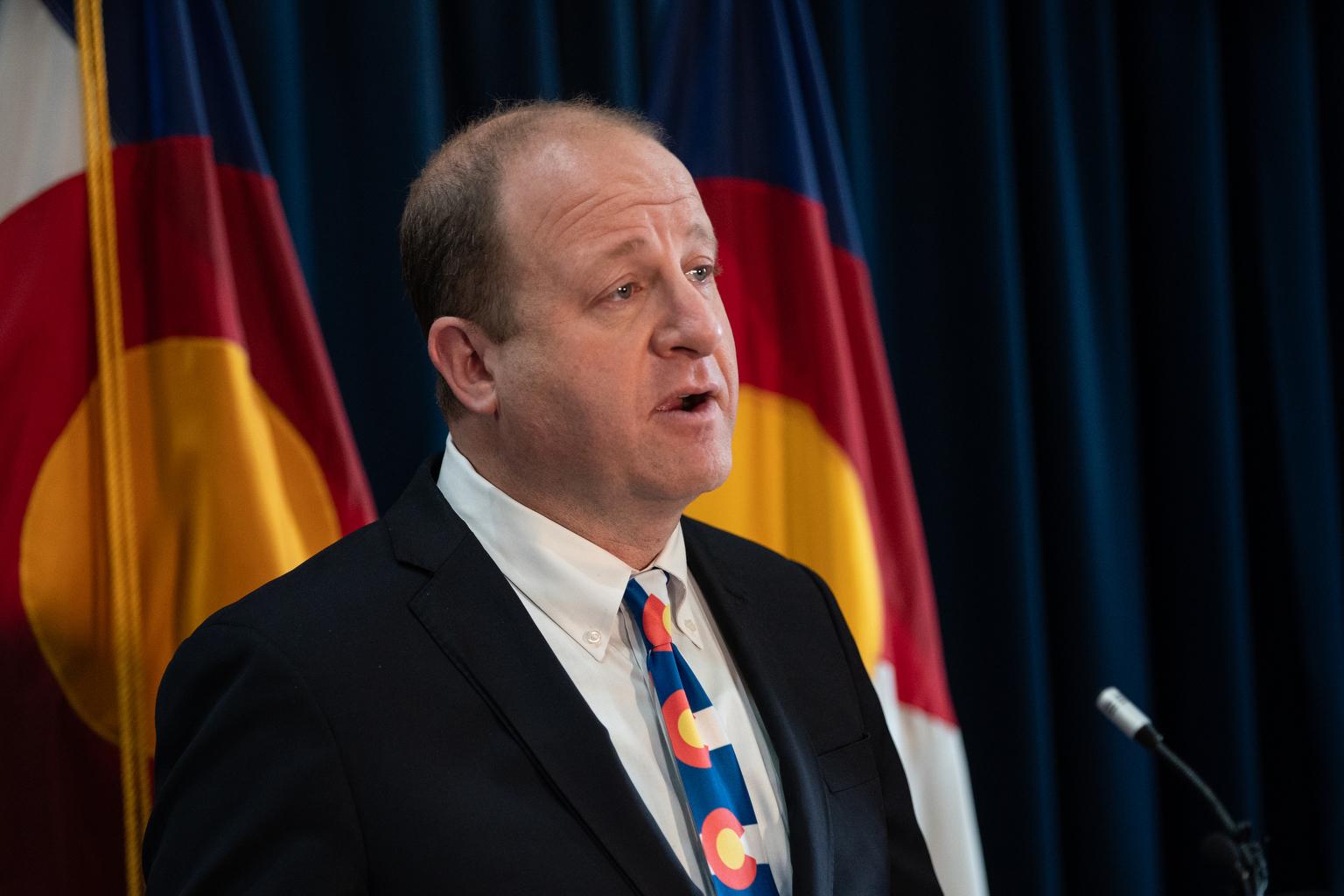

Updated 2:45 p.m. -- After four years of investigation, the U.S. Department of Education has closed its Title IX case against the University of Colorado-Boulder without requiring any policy changes or sanctions.
Now the university’s main priority is to ensure best practices when investigating sexual misconduct cases and adhering to any new guidance the federal government puts down, according to CU’s Office of Institutional Equity and Compliance.
The director of OIEC and CU’s Title IX coordinator Valerie Simons called the department’s decision to not impose any sanctions on CU “more on the unusual part.” It’s more common that these cases end with some kind of resolution agreement outlining any changes or further steps the school needs to take, she said.
The federal investigation started when a former student filed a complaint with the Department of Education’s Office for Civil Rights in 2013. She accused CU of violating her rights with its handling of her sexual assault.
The former student, Sarah Gilchriese, said she did not wish to give any further comment on the case closure other than what she told the Daily Camera in an email: "I'm glad the university has taken steps in a positive direction, and have worked on the system in the past four years."
On Monday, OCR sent a letter to CU Boulder Chancellor Philip DiStefano outlining its decision and noting steps the university has taken over the years to improve its handling of sexual assault. Since 2013, CU has hired a full-time Title IX staff to investigate sex-discrimination based cases.
Simons said the timing of the closure was ultimately up to OCR, but in recent months campus officials felt that they were close to coming to a resolution. But even with the CU case closed, Simons said OCR still plays an important role when it comes to Title IX enforcement.
“We appreciate that role, we respect that role, we respect people’s ability to file complaints with OCR and so that remains,” said Simons. “We will be very responsive to anything that may come up in the future.”
Colorado’s regional OCR division could not be reached for comment.









